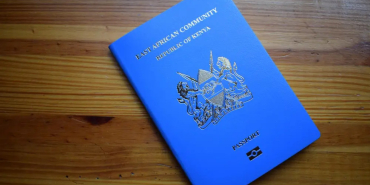US Proposes Major Reforms to Employment-Based Green Card Rules

The United States Department of Homeland Security has proposed major changes to the rules governing employment-based green card categories EB-1, EB-2, and EB-3, with reforms that would affect how skilled foreign workers apply for permanent residency.
The Petition for Immigrant Worker Reforms, currently under review, seeks to modernise longstanding regulations related to the employment-based immigration system. The proposed changes focus on updating definitions, strengthening procedural requirements, and formally adopting existing policy guidance that has previously been applied through case-by-case adjudication.
The EB-1, EB-2, and EB-3 categories form the foundation of the employment-based green card process. EB-1 applies to individuals with extraordinary ability, outstanding professors and researchers, and certain multinational executives. EB-2 is for professionals with advanced degrees or exceptional ability, including those applying for a national interest waiver.
EB-3 includes skilled workers, professionals, and other workers in roles requiring at least two years of experience or training. Among the key proposals is a clearer definition of what constitutes a valid job offer, along with formal rules for site visits to verify information submitted in petitions.
The Department also intends to codify policies related to an employer’s ability to pay the offered wage, and the concept of “successorship-in-interest,” which allows new entities to continue petitions filed by predecessor companies following mergers or acquisitions.
The rule would also update evidentiary standards for various eligibility categories. This includes revised criteria for proving extraordinary ability, clearer documentation requirements for outstanding professors and researchers, and refined standards for national interest waivers, particularly in cases involving medical professionals with nationally or internationally recognised achievements.
For applicants already in the United States, the adjustment of status process remains a central pathway to permanent residency. Eligible individuals may file Form I-485 when a visa number is available, and in many cases, this can be submitted at the same time as Form I-140 to help streamline the process.
While the reforms have not yet been finalised, they represent one of the most comprehensive efforts in recent years to update the employment-based immigration system. Legal analysts note that the proposed changes improve consistency in decision-making and reduce the likelihood of litigation.
However, employers and applicants will need to carefully monitor developments and ensure compliance with any new requirements once implemented.








Add new comment